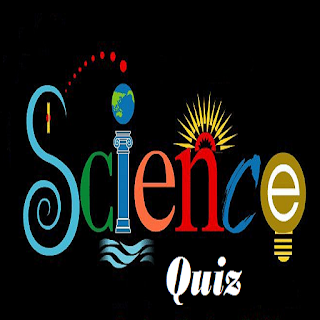RUSSIAN VACCINE MIGHT PROVE A GAME CHANGER IN INDIA
RUSSIAN VACCINE MIGHT PROVE A GAME CHANGER IN INDIA
Nikunja Bihari Sahu
The arrival of the two consignments of the Russian
vaccine Sputnik V in Hyderabad at a time when the country is embarking on the crucial
third phase of its national vaccination programme amidst the second surging
wave of the pandemic is hailed as a
welcome step and is expected to augment the shortage of vaccines in the country.
Produced jointly by the Gamaleya National Research Centre of Epidemiology and Microbiology,
Moscow and Russian Direct Investment Fund (RDIF), the vaccine has already cleared
emergency approval authorization by the Drugs Control General of India (DCGI)
on 13th April for inclusion in the country's immunization mission. As many as
60 countries around the world have so far accorded approvals to this vaccine
including Russia, Belarus, Serbia, Argentina, Bolivia, Algeria, Palestine, Venezuela,
UAE and Turkmenistan as the drugs controllers of the EU are also expected to
give their nods very soon. In India, the vaccine production will be headed by
Dr Reddy’s Lab in Hyderabad which will soon be joined by 6 other pharma companies - Hetero Biopharma, Gland Pharma, Stelis Biopharma, Virchow
Biotech, Panacea Biotec and Shilpa Medicare- with an estimated roll out of 85 crore doses per year to cater to the growing demand of the world’s largest
vaccination programme.
The
vaccine has been named as Sputnik V by Russia to glorify the launch of its
first artificial satellite Sputnik 1 on 4th October, 1957 which it considers as
the greatest achievement in space exploration of the Soviet era at the height
of the Cold War.
One issue regarding the Russian vaccine that has always been debated by the scientific communities ever since its approval by the Russian authority in August, 2020 is regarding its true efficacy rate due to lack of transparency in the early clinical trial results. However, the phase 3 trials of the vaccine were later conducted in Russia with the results published in the international research journal Lancet that silenced all its critics. The outcome of the research confirmed that the vaccine is really effective with an efficacy rate of around 92% and is capable of providing robust protection mechanism against the spike proteins of the virus by producing antibodies. In India, Dr Reddy’s also conducted bridging trials with nearly 1500 volunteers and confirmed the outcome as very encouraging. The vaccine has been found to be most effective against critical patients and even can save life by triggering body’s own immune response system.
Although the vaccine uses a vector platform like the Covishield, it employs two different viruses (Ad26 and Ad5 human adenovirus) that generally cause common cold in humans. The adenoviruses are lab engineered to be made weakened so that they cannot multiply in humans to cause disease. They are also modified so that the vaccine delivers a code for synthesizing the coronavirus spike proteins in the body. This aims to ensure that when the real virus tries to invade the body, it can mount an effective immune response in the form of antibodies production. Using two different adenovirus vectors may also help create a more powerful immune response (compared with using the same vector twice) as it minimizes the risk of the immune system developing resistance to the initial virus vector. The two shots with different adenovirus vectors are given 21 days apart. The study found no strong allergies caused by Sputnik V jabs so far. There are also plans to introduce a single-dose version of the vaccine named Sputnik Lite with an efficacy rate of 79.4% soon in India. At a time when the shortage of vaccine shots has slowed down or halted inoculations in many states, introduction of a single-dose vaccine could be also come as a relief.




Comments
Post a Comment